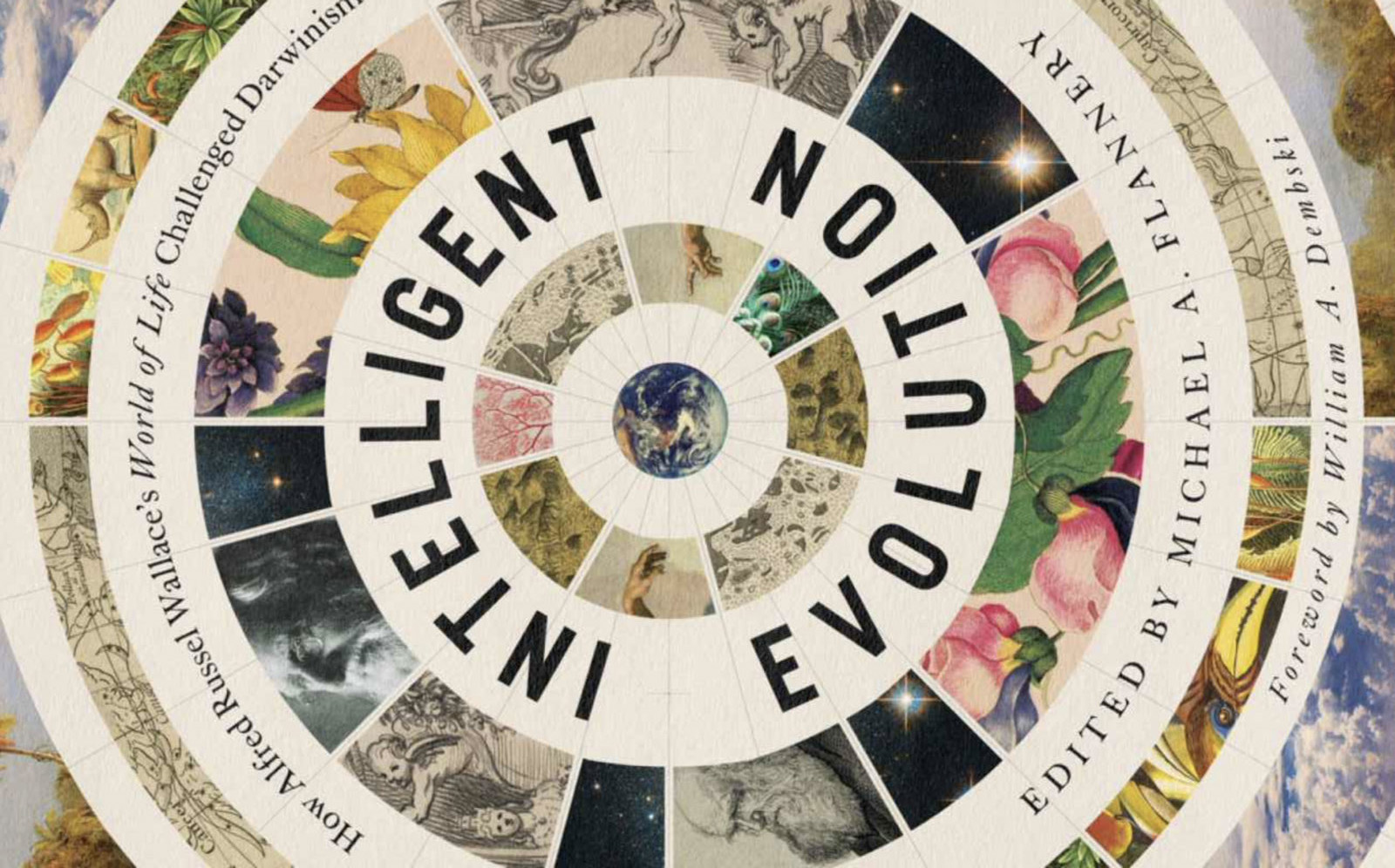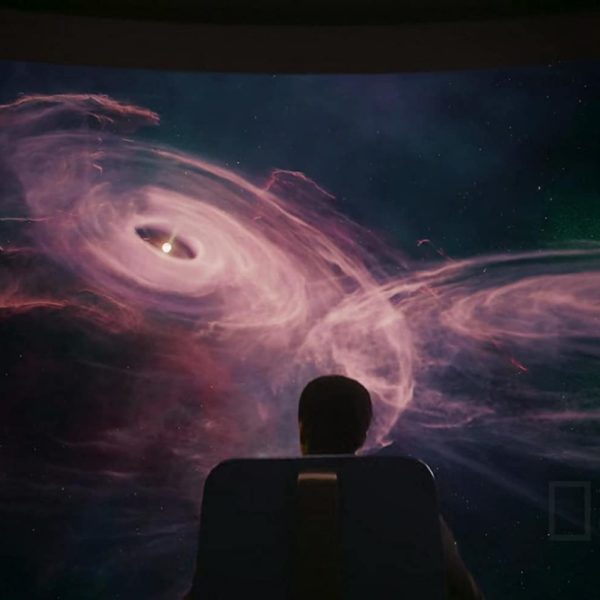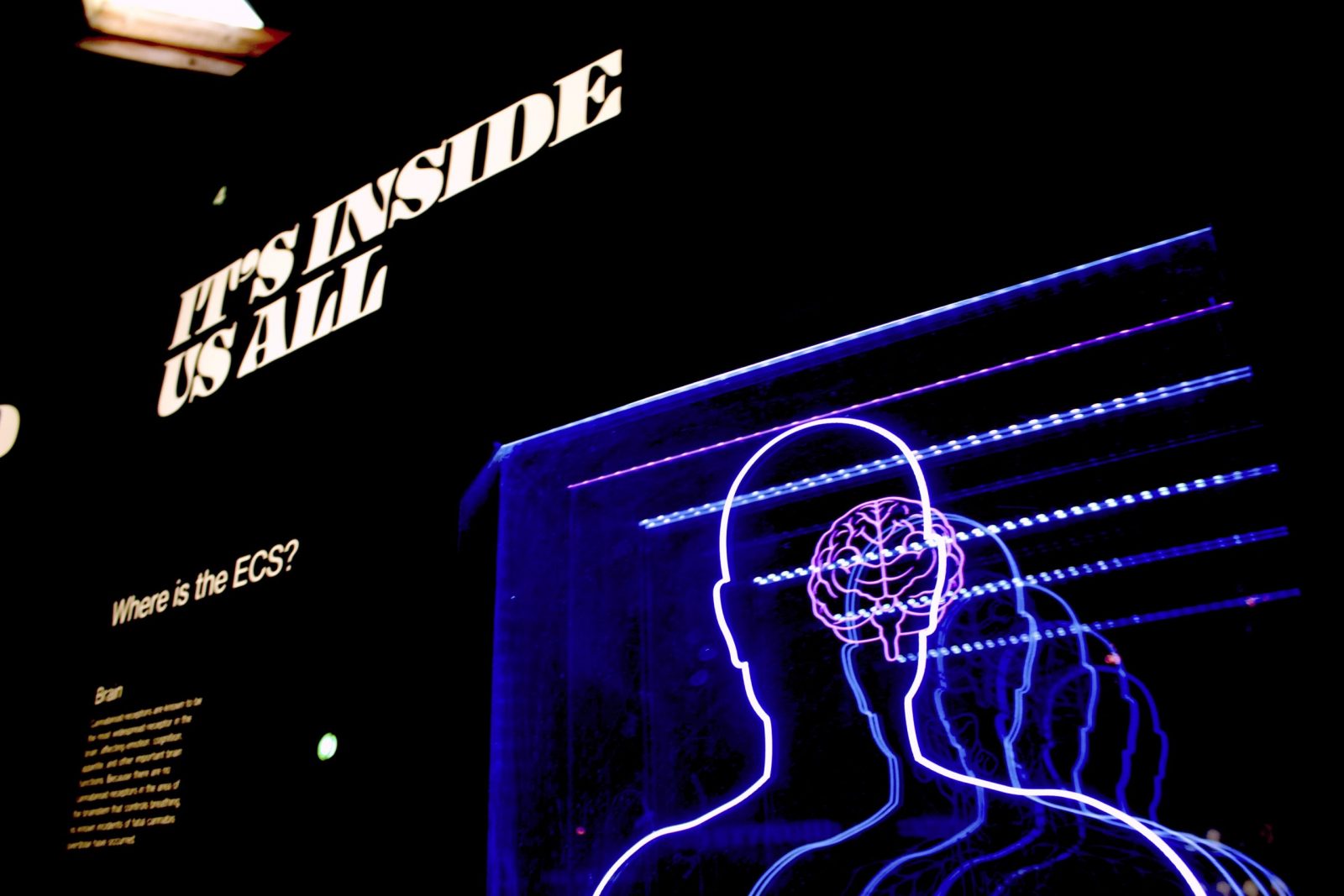
Michael Flannery on the Origin of Darwin’s Worldview
On this episode of ID the Future, science historian and host Michael Keas talks with fellow science historian Michael Flannery about the newly updated book Intelligent Evolution: How Alfred Russell Wallace’s World of Life Challenged Darwin. Flannery tells of Darwin’s involvement in the Plinian Society, a “freethinkers” group at Edinburgh University where he studied medicine as a teenager. It was there that he first encountered radical philosophical materialism, the worldview that laid the philosophical foundation for his work in evolution. Flannery also speaks of Alfred Russel Wallace’s “intelligent evolution” and how it differs from Darwinism and from today’s theistic evolution — what Flannery prefers to call “Darwinian theism.”






